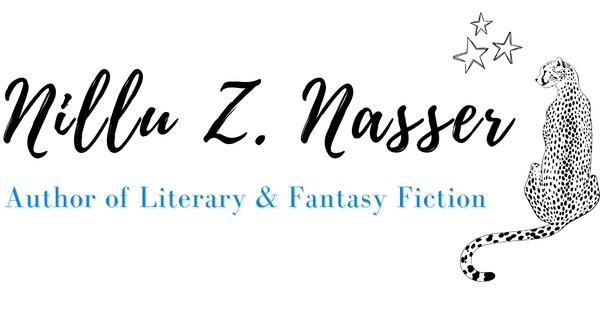 Photo by Pen Waggener
Photo by Pen Waggener
I try to keep politics off this blog. That’s the common advice, isn’t it? Not to alienate potential readers by being overtly political. It’s like bringing politics up at dinner parties or with family. There’s something unsavoury about it. Rarely does consensus come out of political conversations unless you are talking to like-minded people.
But then, sometimes politics becomes so inextricably entwined with the daily grind of life that it is hard to crow bar it off the page. It seeps into my waking thoughts and dreams demanding not to be ignored. Those of you who read me – this blog, my fiction or my poetry – know me intimately. My politics cannot be a surprise to you when you read the white space between the lines.
It seems to me that we have become good at revealing our colours to like-minded people. We seek community, live in bubbles of our own making, where challenges are spurned. Within social and traditional media we preach to our own. Our real life friendship groups and social media relationships are more often than not mirror reflections of our own views and interests.
This is natural, but living within an echo chamber is also dangerous. We lose touch with other people’s reality. How many times have you been tempted to unfollow someone because of an opposing view? These clashes of opinion lead to anger and disappointment, rather than curiosity and compassionate listening. I’m as guilty of it as anyone. Once we’ve formed an opinion, it becomes ingrained almost immediately. It’s hard to accept evidence to the contrary; it’s relatively easy to find evidence to back up our own narratives.
From a British perspective, we find ourselves – ten days after the leave vote won the EU referendum – in no man’s land, facing possibly our biggest peacetime challenge. The unpolitical Everyman has become politicised. We all have an opinion on whether this was the right or wrong choice. Real concerns have been met with accusations of stupidity, snobbery and hysteria. Rather than settling the question of EU membership once and for all, the referendum and respective campaigns unleashed a rise in hate crime and simmering tensions in communities, between neighbours, families and friends. It stings in a country that many believed to be a beacon of tolerance and openness.
I’ve been increasingly tempted in these past few days, when the political storms show no signs of subsiding anytime soon, nationally we are in disarray at both government and civil society level, and news is reaching saturation point, to retreat into my cocoon, and instead concentrate on the nourishment of family life, writing stories that are unconcerned with the themes playing out in front of us. But our environment and our worries have a way of seeping into our daily lives and onto the page, as if in symbiosis.
My worries about racism have plagued my subconscious at night. I turn over in my sleep and notice contrast between my dark-skinned hand and the white bedsheets. Yesterday, I gave a wide berth to a man in the supermarket with my shopping basket, just in case I accidentally bumped him and triggered a racist comment. Such paranoia is not usually mine; it is tied to the mood of the nation.

Photo by Venus Petrov
If these tensions dissipate, it will be because of fatigue, a lack of energy to fight our causes, a resignation and lack of hope about the future. But there can be no doubt what lies beneath the surface, what both government and opposition parties would be foolish to ignore. Alongside the reshaping of our national identity with regards to the EU, they must also grapple with complex questions of racism, democracy, political trust and social mobility.
Complex negotiations lie ahead regarding trade, free movement of people, worker rights, borders and the unity of the existing kingdom. Meanwhile career politicians are stepping back from the fray, shell-shocked, out-manoeuvred, undone. Those at the heads of the respective leave and remain camps can’t press the ejector buttons on their political careers fast enough, to the theme tune of The Benny Hill Show.
One thing is clear. If we find ourselves falling into a Them and Us narrative it should be a signal that we are over-simplifying facts. We cannot retreat into dualism: left vs. right; young vs. old; cities vs. rural areas; working class vs. upper class; black vs. white; nationalists vs. internationalists. Divisions don’t serve anyone well.
Away from the party political manouvres at Westminster and in Brussels, we need to decide what kind of country we will be.
